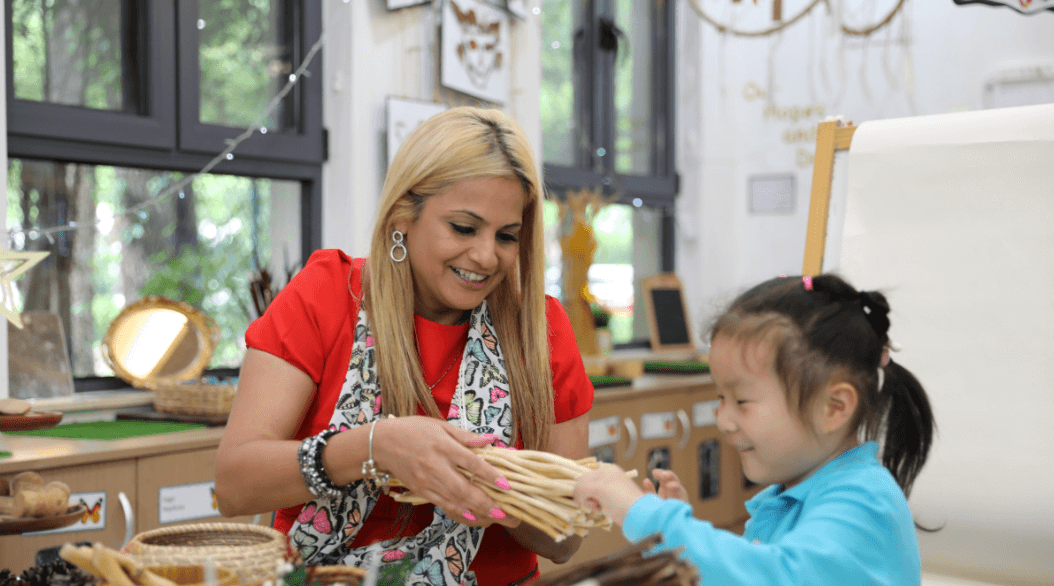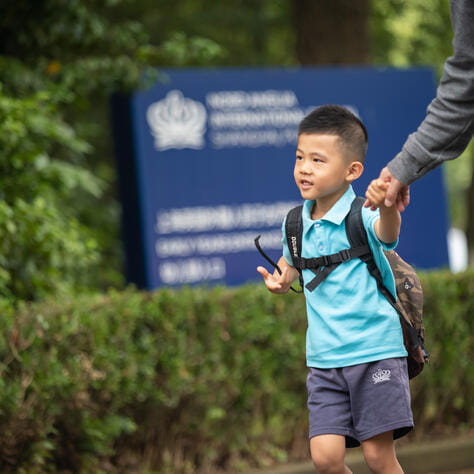How long have you been in Shanghai, and what made you consider moving to the city initially?
This is my third year in Shanghai and I moved here for work reasons. I also wanted to live in a city with more opportunities to experience big city life, and what better place than one of the largest in the world!
Where have you lived before you came to Shanghai?
I have lived in several countries including Vietnam, Turkey and Wales. I also lived in Suzhou for three years before moving to Shanghai.
How did you find preparing to move here?
Moving from one city to another city in China is relatively easy with regards to packing up and changing accommodation, however, I found it a long process dealing with the bureaucratic side of things; ensuring that all the correct paperwork is collected, submitted and processed in the correct order and on the correct date is challending. I relied on the support and help of the wonderful HR team within my organization to get all this completed.
How have you found the city so far?
Although Shanghai is not the capital city of China, it feels like it. It’s huge, with many areas that are very distinct from each other. I sometimes think that even after 10 years it would be impossible to fully explore Shanghai. I like being able to go to the theatre, to musical events, explore historic walkways, walk alongside the river for miles and usually find something “new” every time I go out.
What’s been your biggest challenge in Shanghai?
The traffic – but that’s what makes it feel like a major city. You just have to remember to factor in traffic time if you want to cross the city.
Is there anything you found surprising/unexpected about the city?
The non-conformity of the people. Shanghai has a wonderful history, making it different to almost every other city in China in terms of its quirkiness and the way the Shanghainese express themselves in their own way.
What would be your top three tips for anyone thinking of moving to Shanghai/China?
- Double check all of your paperwork. And remember that the bureaucracy too, shall pass.
- Your phone becomes your life, even more so than in other countries; you pay your bills, your insurance, your taxis, book trains, hotels and even flight tickets. All through APPs. Install WeChat on your phone before you get to China, and an APP to help you reach beyond the ‘Great China Firewall’ if you think you’ll need it.
- Make the most of every opportunity offered. They are endless here!
Finally, any hints/tips on great places or hidden gems in the city to visit for food/drinks/entertainment so far?
Use the APP 24/7 for what’s happening in Shanghai – I’ve found it to be very useful. Also, I like walking along the Pudong side of the river and have not yet managed all 43km of it, but walking this promenade takes you through many slices of Shanghainese life, whichever section you walk.


.jpg?h=310&iar=0&w=310&rev=8d298746e6d14056b6bc5670c8bff56d&hash=979797F645775B8CF0ACBAA1A2CB0041)
.jpg?h=443&iar=0&w=787&rev=105788c540cf422099406e2f3a10983c&hash=92DE8DC3B08CFA3A3B7875782B9766E7)
.jpg?h=310&iar=0&w=310&rev=7898ebc4babb4fa490e2228cc72e17a9&hash=29C9D4B11BD352DA0B0A44E31FF12B82)


.jpg?h=443&iar=0&w=787&rev=edad81714733454cae7bc6a78a91a2f6&hash=AFB5A3C1231ED6DF56CEE83928A0A080)
.jpg?h=310&iar=0&w=310&rev=abcba674c51a4e828fc1578175425d24&hash=3A742C6463B3D25B191883300CC331D8)
.jpg?h=443&iar=0&w=787&rev=26ffe384922e446697a797977dc836a9&hash=7944FDFCF1F5DDCDCA4D78585E05C77E)
.jpg?h=310&iar=0&w=310&rev=35e937498e444918963c54302d2d94ee&hash=9B047243F4A1C95FD95735CEEA73998F)

.jpg?h=310&iar=0&w=310&rev=c07f599c674d4c76993e134ae378d805&hash=3E5F869D2BB94A0FD910AE209494D60B)

















.jpg?rev=-1&hash=4B1ADA74AB0E829CB2ECEE6BEF89D006)